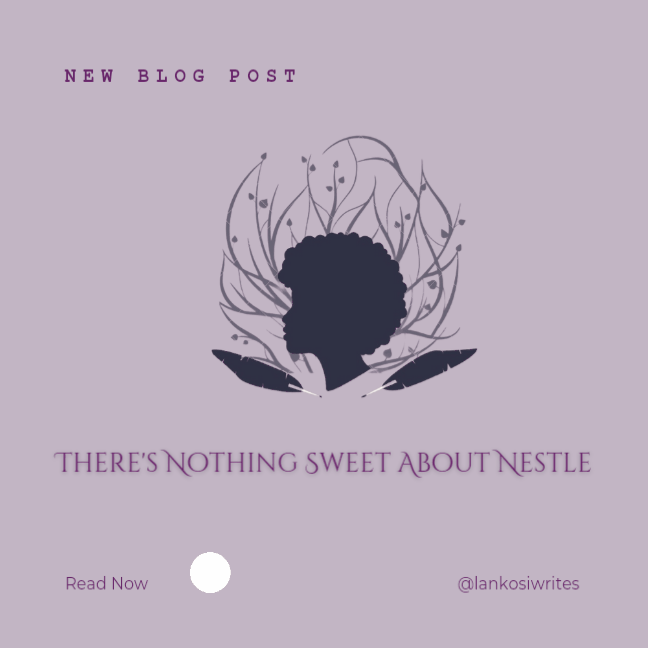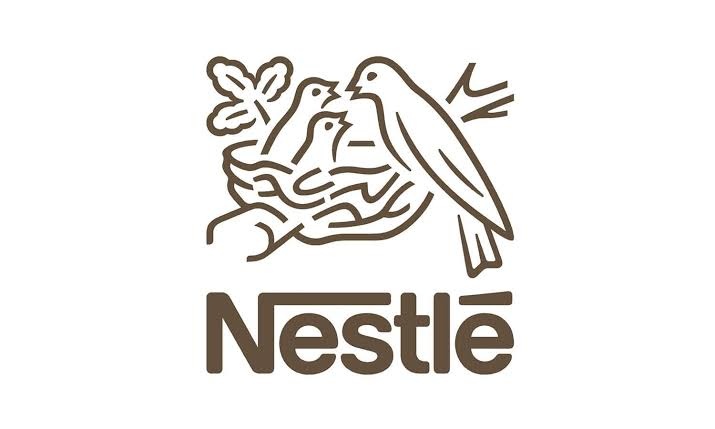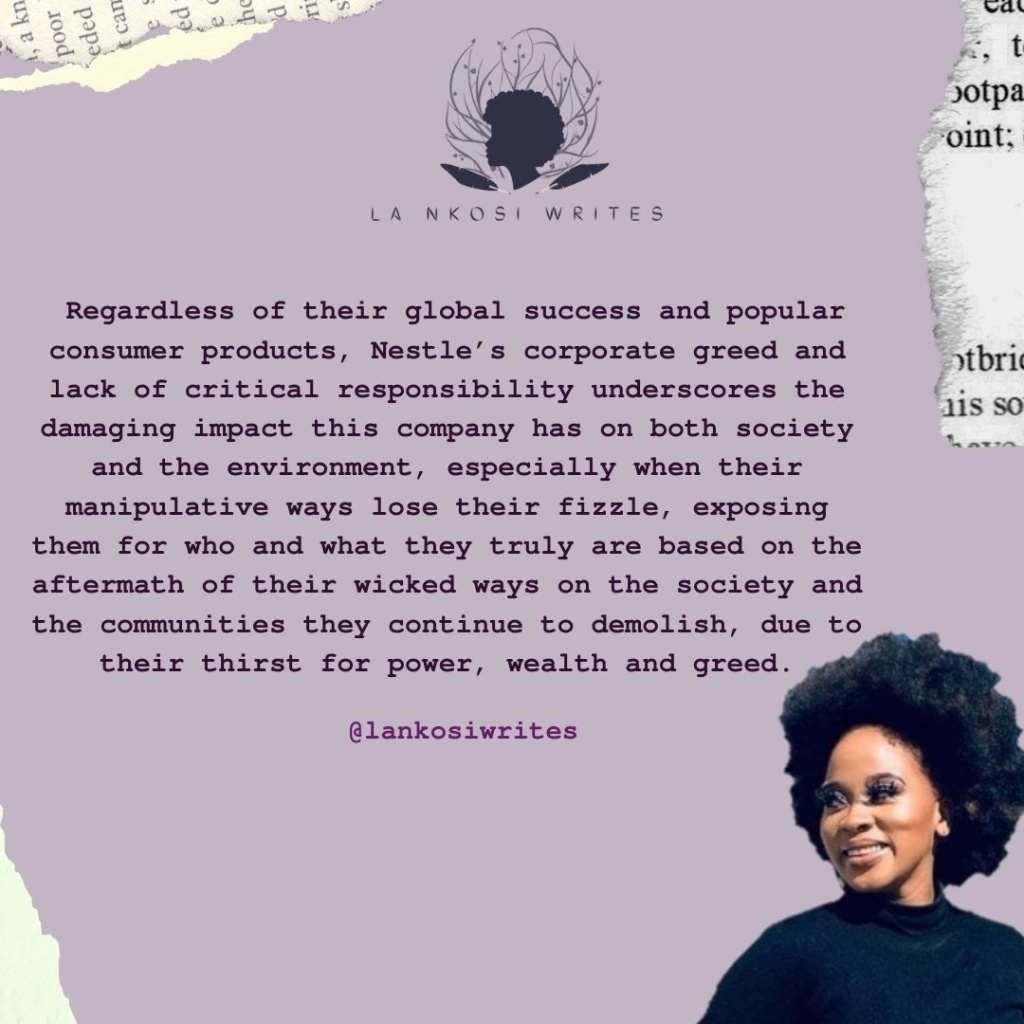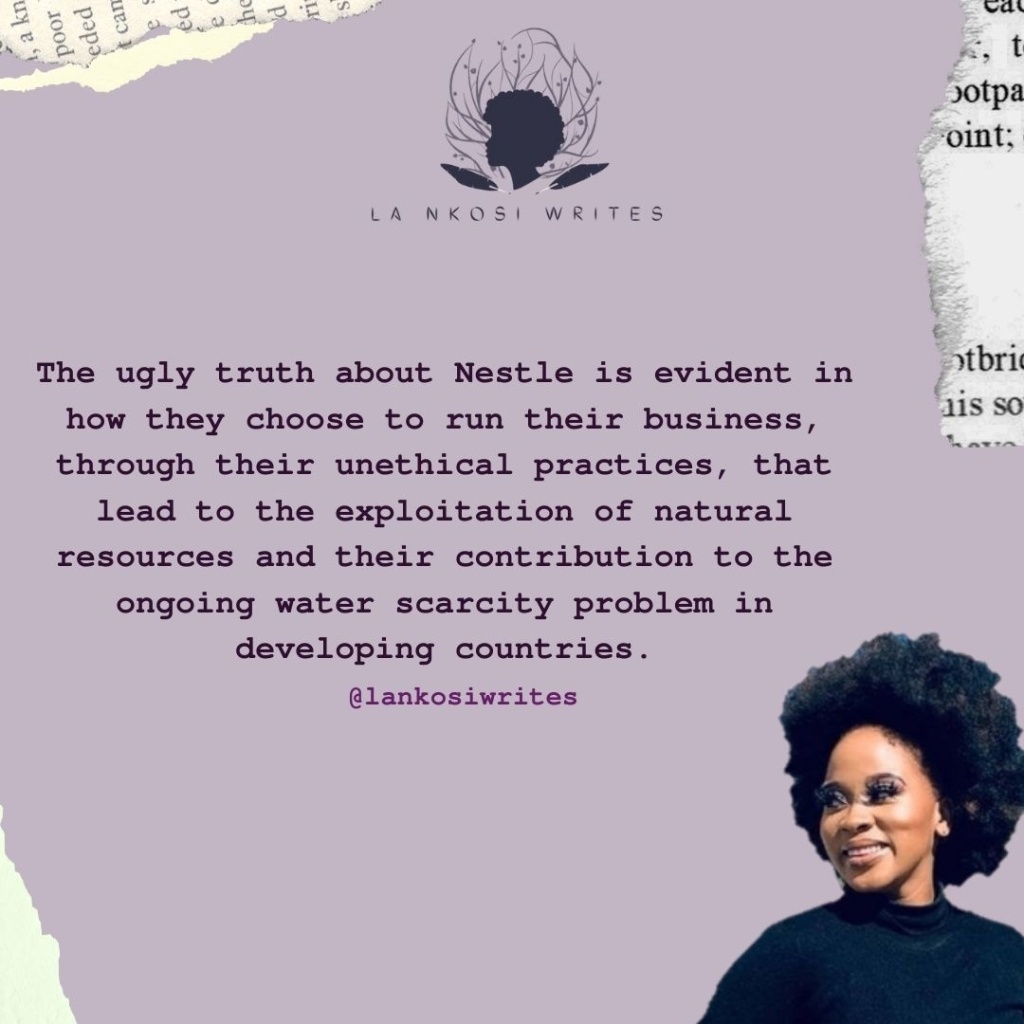
The ugly truth about Nestle is evident in how they choose to run their business, through their unethical practices, that lead to the exploitation of natural resources and their contribution to the ongoing water scarcity problem in developing countries. Regardless of their global success and popular consumer products, Nestle’s corporate greed and lack of critical responsibility underscores the damaging impact this company has on both society and the environment, especially when their manipulative ways lose their fizzle, exposing them for who and what they truly are based on the aftermath of their wicked ways on the society and the communities
they continue to demolish, due to their thirst for power, wealth and greed.

The Birth Of Nestlé
According to their website, the company’s history began in 1866, when Henry Nestle developed a formula that would act as a substitute for breastmilk. He did this due to the growing rate of infant’s passing and due to his wife’s encouragement to come up with the formula to save the infants. After the success of his company, Henry who was now 60 years of age, sold his company and factory to three businessmen, In 1875 which led to the employ of chemists and skilled workers to help these men increase their production and sales. In 1902 shortly after the death of the Anglo-Swiss group founder, there was a delay in the progression of the business which led to the company having to sell its US-based operations, which made way for their merger with Nestle instead of being the competition.

The Water Privatization Scandal
Nestle’s relentless pursuit of profit was prioritized over environmental conservation and the local communities they took advantage of found themselves struggling to access clean water resources due to the monster that quickly dried up their clean water supplies. Nestle continued to extract water from developing countries and communities that had a water scarcity problem and rebottled the same water they stole and attempted to resell this water to the affected communities, this alone outraged many people because this was not their first scandal. Their water extraction practice had a significant impact on the environment, and the affected
communities as evidence by environmental degradation, depletion of water sources, and social injustices, highlight the urgent need for stricter regulations and ethical considerations in corporate water management.
Their water extraction practice contributes
to the deterioration of ecosystems through their excessive water withdrawals which would result in lower water levels in lakes and rivers negatively affecting the aquatic life, the constant extraction of water by Nestle for the purpose of bottling it to resell it and make money off of it depletes the water sources of the affected communities, creating a water scarcity problem for these communities also affecting their agriculture, especially in regions where water was never an abundant resource. It is rather disturbing how their wicked ways are downplayed by their deceptive advertising and manipulative marketing strategies put in place to present this water as spring water, carefully extracted from natural sources only for them to be flocking into the rivers and lakes of
developing communities and draining out the little water the people could access which was clean compared to the already contaminated water sources. It is evil to have to steal my water only for you to sell it back to me for ridiculous prices because you can’t get enough of milking my people from their natural resources.
Nestle’s water extraction practices often lead to the unfair distribution of water, disproportionately impacting marginalized communities who may face challenges with accessing clean and safe drinking water due to Nestle’s operations. Because Nestle prioritizes profit over environmental and social concerns exploiting natural resources for financial gain without adequately considering the long-term consequences their actions have on ecosystems and communities they target.


The ethical implications of Nestle’s water extraction practices raise questions about corporate responsibility and sustainability, challenging the company to prioritize the ethical considerations and well-being of the communities they are destroying for the sake of securing the bag. These big corporations get away with a lot of shady things, and it is unfortunate how they are put on this pedestal, by the same leaders who claim to be attracting investors to create jobs and contribute to the country’s economy, at the expense of the people, because again why would we want to be associated with a company with a tainted legacy, decorated by unethical tactics that frustrate our neighboring countries? What about the deaths of the infants and toddlers whose health was negatively affected by the baby formula scandal? Or the allegations and proof of child labor related cases?
Sources:

